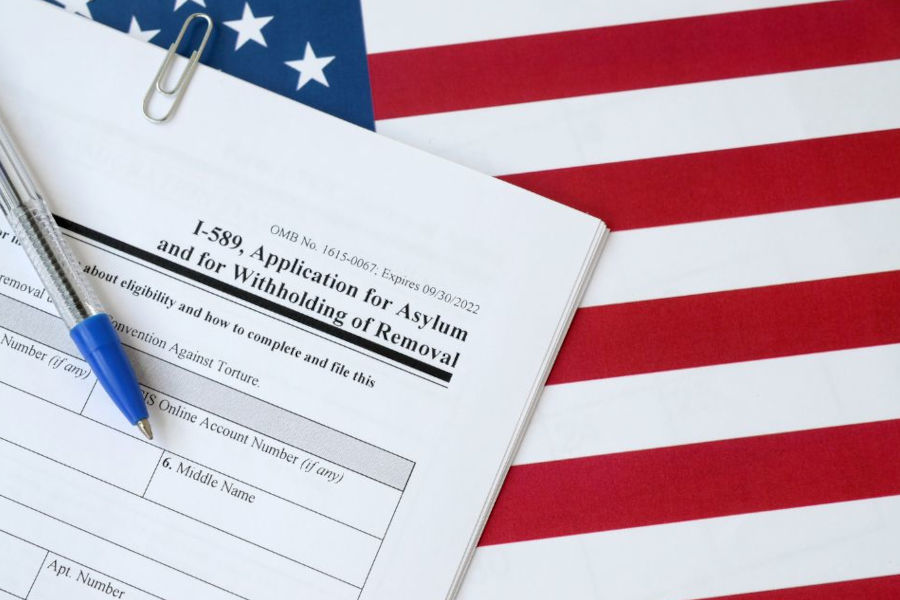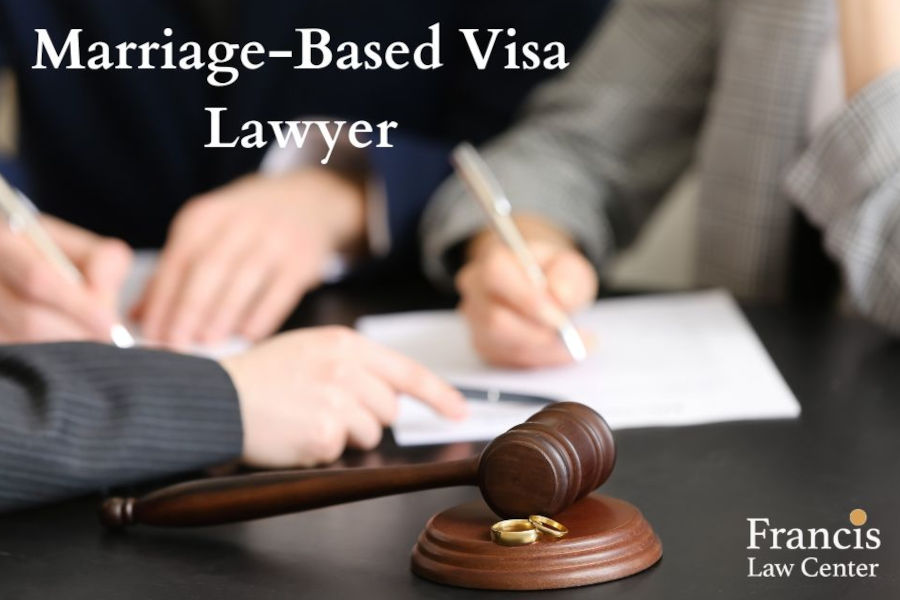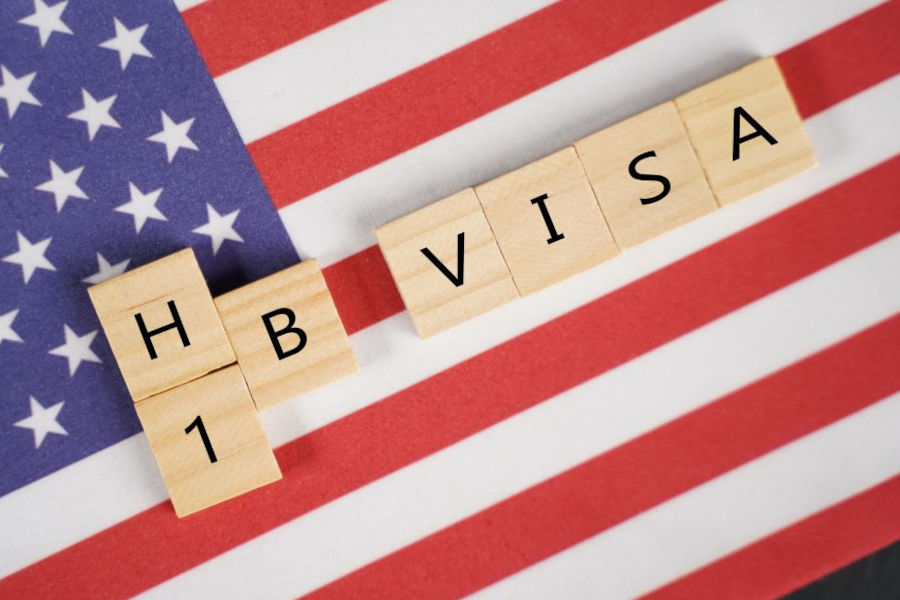Immigration laws are specific to the situation, which is why there are so many options when it comes to visas. Two of the most common visa types are family and employment.
According to the American Immigration Council, if you compare family and employment visas, you will see they have different requirements and details.
Family visas
Family visas require sponsorship from a family member living in the U.S. who is a citizen or legal permanent resident. The goal of this type of visa is to reunite a family so they can live together in the U.S.
If your sponsor is a citizen, then he or she may sponsor you if you are his or her spouse, unmarried child age 21 or younger or parent. Do note that if you are the person’s parent, he or she must be at least 21 years old. An LPR can sponsor you if you are his or her spouse or minor child. There are limited visas available for adult children and siblings.
To get a family visa, you must meet general immigration requirements. Your sponsor must submit a petition and meet the requirements of a sponsor.
Employment visas
An employment visa may be temporary or permanent. The goal is to allow you to work in the U.S.
Your employer must petition for this type of visa. In most cases, you have to work for the employer who sponsors you. There are a limited number of employment visas each year. When you receive this type of visa it can include your spouse and minor children.
It is essential that your employer choose the correct category of employment visa because there are many different options. You could face denial if it is not in the right category for your type of employment.










